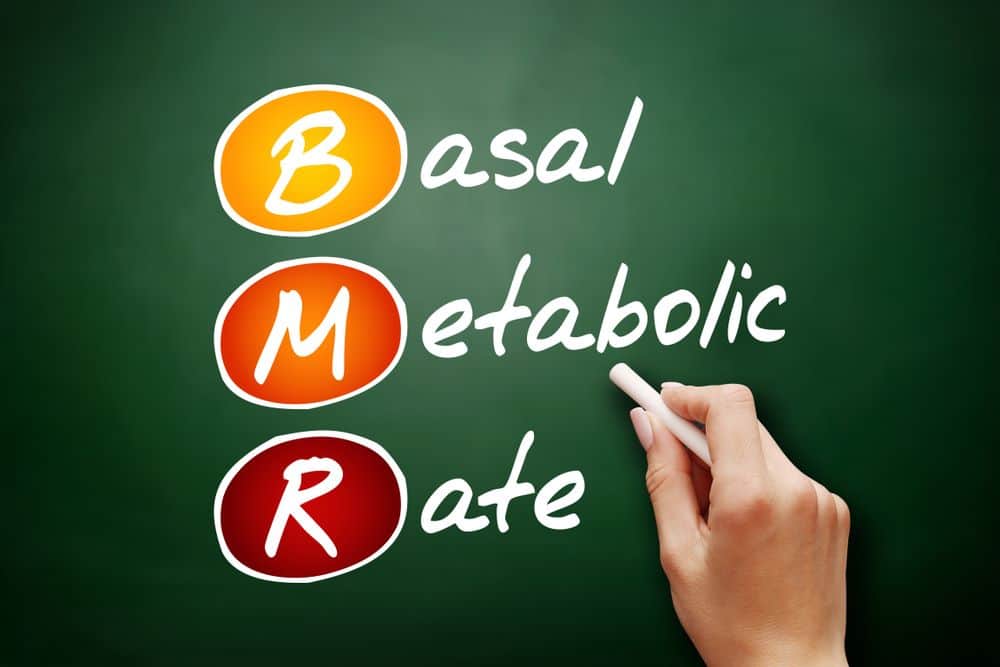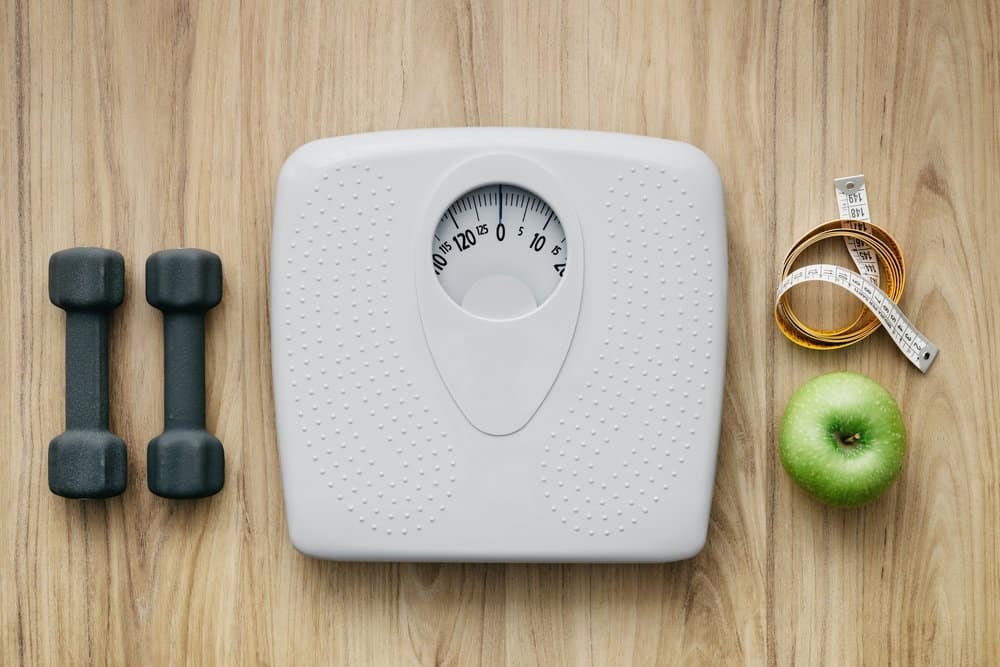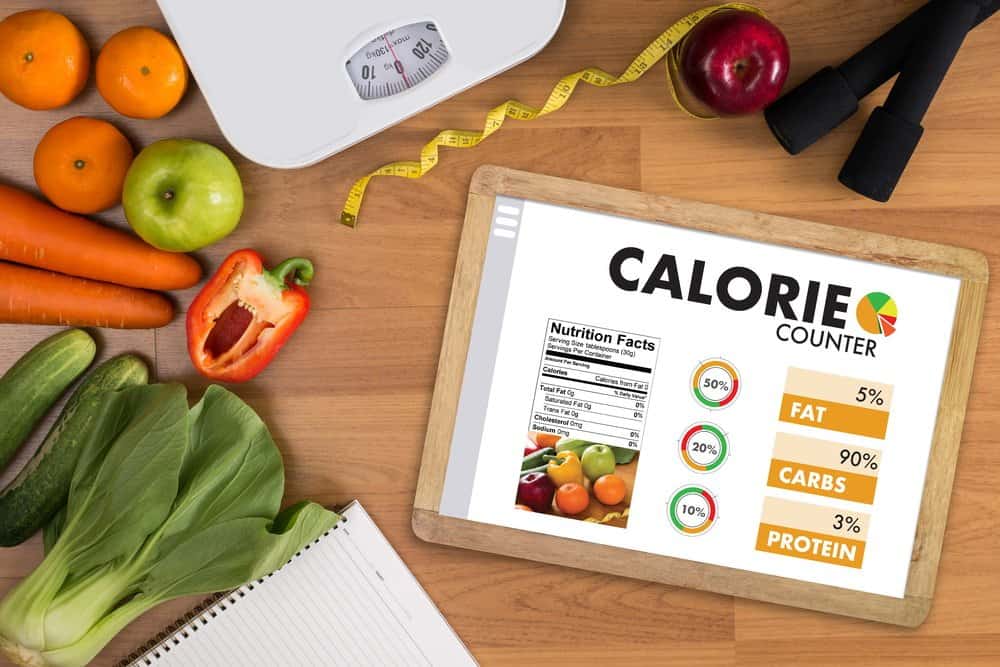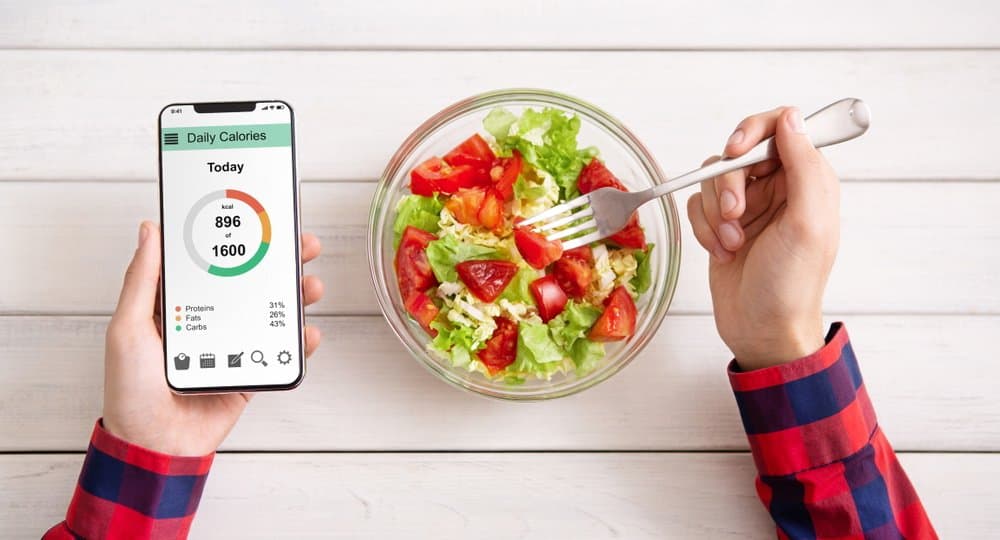
Basal Metabolic Rate (BMR) is the essential calories your body burns at complete rest to fuel vital functions like breathing, heartbeat, organ operation, and cellular maintenance—accounting for 60-75% of daily energy expenditure. Our 2026 calculator uses validated Mifflin-St Jeor for pinpoint precision.
Transform your health journey with instant, actionable metabolic insights!
⚡ Key Takeaways
- The New Standard: Mifflin-St Jeor Equation (Harris-Benedict now Previous Gen)
- BMR drives 60-75% of your total daily calorie burn
- Muscle mass boosts BMR—prioritize strength training in 2026
- Precise BMR calculations optimize weight loss deficits safely
- Combine BMR with activity multipliers for full TDEE mastery
What is Basal Metabolic Rate (BMR)?
Basal Metabolic Rate, or BMR, is the number of calories your body burns while at complete rest. It’s the energy your body needs to keep essential functions going, including keeping your heart beating, your lungs breathing, and your organs working properly. Think of BMR as the idle speed of your body’s engine – always running, even when you’re not moving.
Why BMR Matters
Understanding your BMR is crucial because:
- It accounts for 60-75% of your total daily calorie expenditure
- It helps you create more accurate and effective diet plans
- It provides insights into your overall metabolic health
- It can guide your fitness and weight management strategies
Introducing Our Basal Metabolic Rate Calculation Tool
We’re excited to present our state-of-the-art BMR calculation tool. This user-friendly interface takes the guesswork out of estimating your calorie needs. Simply input your age, gender, height, and weight, and our tool will provide you with an accurate BMR estimate.
Basal Metabolic Rate (BMR) Calculator
Unlock the Secret to Your Body's Energy Needs
Your Basal Metabolic Rate:
What is BMR?
Basal Metabolic Rate (BMR) is the number of calories your body burns while at rest. It represents the minimum amount of energy needed to keep your body functioning, including breathing and keeping your heart beating.
Factors Affecting BMR:
- Age: BMR typically decreases with age
- Gender: Men generally have a higher BMR than women
- Body composition: More muscle mass increases BMR
- Genetics: Some people naturally have a higher or lower BMR
- Hormones: Thyroid hormones can affect BMR
Note: This calculator uses the Mifflin-St Jeor Equation. For a more accurate BMR, consult with a healthcare professional.
How to Use the BMR Calculator
- Select your gender
- Enter your age in years
- Input your height in inches or centimeters
- Enter your weight in pounds or kilograms
- Click “Calculate” to see your results
It’s that simple! In seconds, you’ll have valuable insights into your body’s baseline calorie needs.
The Science Behind BMR
To truly appreciate the power of knowing your BMR, let’s dive into the science behind it.
Factors Affecting BMR
Several factors influence your Basal Metabolic Rate:
- Age: BMR typically decreases as you get older
- Gender: Men generally have a higher BMR than women due to greater muscle mass
- Body Composition: Muscle tissue burns more calories than fat tissue
- Genetics: Some people naturally have a faster or slower metabolism
- Hormones: Thyroid hormones, for example, can significantly impact BMR
- Environmental Factors: Temperature and climate can affect BMR
BMR Calculation Methods
While our tool uses a sophisticated algorithm, it’s based on well-established formulas. The most common equations for calculating BMR are:
- Harris-Benedict Equation
- Mifflin-St Jeor Equation
- Katch-McArdle Formula
Each has its strengths, and our tool incorporates elements from these and other advanced methods to provide the most accurate estimate possible.
Harnessing the Power of BMR for Weight Management

Now that you understand what BMR is and how to calculate it, let’s explore how this knowledge can transform your approach to weight management.
BMR and Weight Loss
To lose weight, you need to create a calorie deficit. Knowing your BMR helps you set realistic weight loss goals by:
- Setting realistic calorie intake goals
- Understanding how much you need to reduce your intake or increase your activity
- Avoiding extreme diets that could slow your metabolism
BMR and Muscle Gain
For those looking to build muscle, BMR is equally important:
- Ensures adequate calorie intake to support muscle growth
- Helps prevent unwanted fat gain during bulking phases
- Guides protein intake for optimal muscle synthesis
BMR and Maintenance
Even if your goal is to maintain your current weight, BMR is crucial:
- Helps you understand your daily calorie needs
- Allows for more flexible eating without unintended weight changes
- Provides a baseline for adjusting intake during periods of increased or decreased activity
Beyond BMR: Total Daily Energy Expenditure (TDEE)

While BMR is essential, it’s just one piece of the puzzle. Your Total Daily Energy Expenditure (TDEE) includes your BMR plus the calories burned through daily activities and exercise.
Calculating TDEE
To estimate your TDEE, multiply your BMR by an activity factor:
- Sedentary (little to no exercise): BMR x 1.2
- Lightly active (light exercise 1-3 days/week): BMR x 1.375
- Moderately active (moderate exercise 3-5 days/week): BMR x 1.55
- Very active (hard exercise 6-7 days/week): BMR x 1.725
- Extremely active (very hard exercise & physical job): BMR x 1.9
This gives you a more complete picture of your daily calorie needs.
Practical Applications of BMR Knowledge
Understanding your BMR isn’t just about numbers – it’s about applying this knowledge to improve your health and fitness. Here are some practical ways to use your BMR information:
- Meal Planning: Tailor your meal plans to your specific calorie needs
- Exercise Programming: Design workouts that complement your metabolic rate
- Supplement Strategies: Adjust supplement intake based on your metabolic needs
- Sleep Optimization: Understand how sleep affects your metabolism
- Stress Management: Recognize the impact of stress on your BMR
BMR Myths Debunked

Let’s clear up some common misconceptions about BMR:
- Myth: Drastically cutting calories always leads to weight loss
Truth: Severe calorie restriction can lower your BMR, making weight loss harder - Myth: You can’t change your BMR
Truth: While some factors are fixed, you can influence your BMR through diet and exercise - Myth: BMR is the same for everyone of the same height and weight
Truth: BMR varies significantly between individuals due to factors like body composition and genetics - Myth: Eating certain foods can drastically increase your BMR
Truth: While some foods may slightly increase metabolism, the effect is generally minimal
Tracking Your BMR Over Time
Your BMR isn’t static – it changes as your body changes. Here’s how to keep track:
- Recalculate your BMR every 4-6 weeks
- Note any significant changes in weight or body composition
- Adjust your diet and exercise plan accordingly
- Consider professional metabolic testing for the most accurate results
Expert Tips for Boosting Your BMR
While your BMR is largely determined by factors outside your control, there are ways to give it a boost:
- Build Muscle: Increase your lean muscle mass through strength training
- Stay Hydrated: Proper hydration supports optimal metabolic function
- Get Enough Sleep: Poor sleep can negatively impact your metabolism
- Eat Protein: A high-protein diet can slightly increase your BMR
- Stay Active: Regular exercise can help maintain a healthy BMR
- Manage Stress: Chronic stress can lower your BMR
The Future of BMR Research
Exciting developments are on the horizon in the field of metabolic research:
- Personalized Metabolism Tracking: Wearable devices that provide real-time BMR data
- Genetic Testing: Identifying genes that influence metabolic rate
- Microbiome Studies: Exploring how gut bacteria affect metabolism
- Chronobiology: Understanding how circadian rhythms impact BMR
Harris-Benedict vs Mifflin-St Jeor: 2026 Verdict
| Aspect | Legacy (Harris-Benedict, 1919) | New Standard (Mifflin-St Jeor, 1990/2026) |
|---|---|---|
| Accuracy | Overestimates by ~5-10% in modern populations | Most precise, validated across diverse groups |
| Data Basis | Small, early 20th-century samples | Extensive contemporary clinical data |
| Obesity Handling | Less reliable for higher BMIs | Superior adjustments for body composition |
| Current Use | Phased out in pro tools | Default in 2026 apps & calculators |
In 2026, Mifflin-St Jeor outperforms legacy formulas, delivering reliable BMR for personalized nutrition amid rising precision demands.
Conclusion: Embrace Your Metabolic Potential
Understanding your Basal Metabolic Rate is like unlocking a secret code to your body’s energy needs. With our BMR calculation tool and the knowledge you’ve gained from this guide, you’re now equipped to make informed decisions about your diet, exercise, and overall health strategy.
Remember, your BMR is unique to you. Embrace it, work with it, and use it as a powerful tool in your fitness arsenal. Whether your goal is weight loss, muscle gain, or simply optimizing your health, your BMR is the foundation upon which you can build a stronger, healthier you.
Ready to discover your BMR and take control of your metabolic destiny? Use our BMR calculation tool now and start your journey towards a more energized, balanced, and vibrant life!
Calculate Your BMR Now!
Disclaimer: While our BMR calculation tool provides a reliable estimate, individual results may vary. Always consult with a healthcare professional or registered dietitian before making significant changes to your diet or exercise routine.
References
The National Institutes of Health (NIH): https://www.niddk.nih.gov/health-information/weight-management/adult-overweight-obesity
The American Council on Exercise (ACE): https://www.acefitness.org/resources/everyone/exercise-library/experience/beginner/
The Academy of Nutrition and Dietetics: https://www.eatright.org/
Frequently Asked Questions
What is a good BMR for my age?
A “good” BMR varies by age, gender, and build—higher indicates faster metabolism. For adults: men 20-30yo ~1700-1900 cal/day, women ~1400-1600; declines ~1-2% per decade post-30. Aim above averages via muscle gain; consult pros for personalization.
How do I calculate my basal metabolic rate manually?
Use Mifflin-St Jeor: Men: BMR = 10×weight(kg) + 6.25×height(cm) – 5×age + 5. Women: -161 instead of +5. Convert units if needed (1in=2.54cm, 1lb=0.453kg). Example: 30yo male, 180cm, 80kg = 1780 cal/day.
What is the difference between BMR and TDEE?
BMR is rest-only burn; TDEE (Total Daily Energy Expenditure) = BMR × activity factor (1.2 sedentary to 1.9 very active). Multiply your BMR by 1.55 for moderate exercise to get full daily needs.
Can I increase my BMR?
Yes: Build muscle (resistance training), eat protein-rich (HIIT + 1.6g/kg bodyweight), stay hydrated, get 7-9hrs sleep. 2026 trends emphasize cold exposure and spicy foods for 5-10% boosts.
How accurate are online BMR calculators?
80-95% accurate using Mifflin-St Jeor for healthy adults; less for athletes/extremes. Best as starting point—lab tests (indirect calorimetry) for precision. Our 2026 tool matches clinical standards.
Does age affect BMR?
Yes, BMR drops 1-2% every decade after 20 due to muscle loss. Counter with strength training; women see bigger dips post-menopause. Calculate regularly to adjust diets.
